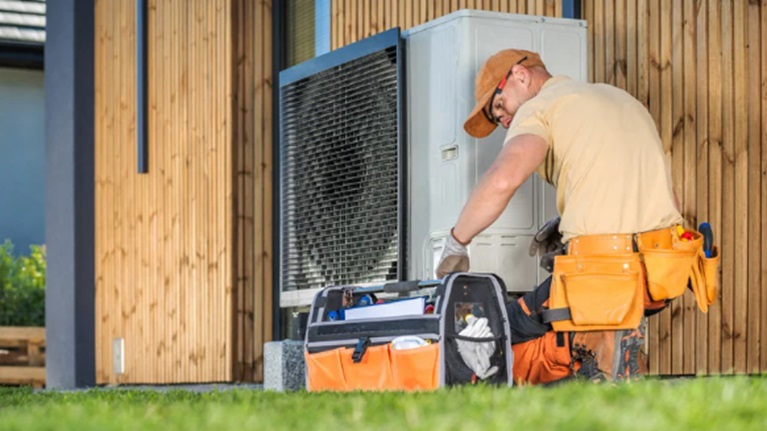As the seasons change, maintaining the quality of indoor air is a crucial consideration for homeowners. Each season introduces different environmental factors that can affect the air inside our homes, highlighting the importance of understanding these variations for residents concerned about indoor air quality in Port Charlotte, which offers unique challenges due to its diverse weather conditions. Preparing your home to adapt to these seasonal shifts can ensure a healthier and more comfortable living environment throughout the year. This article will delve into practical strategies to manage and improve indoor air quality amid changing seasons, fostering a haven of health and comfort.
Understanding the Impact of Seasonal Changes
Different seasons bring about various environmental changes that affect indoor air. For instance, in winter, homes are often sealed tight to keep out the cold, which can lead to a buildup of pollutants. Conversely, spring and summer may introduce more allergens as windows are opened to allow fresh air inside. Understanding how these changes influence indoor air quality is crucial for taking the proper preventative steps.
Preparing Your Home for Seasonal Shifts
To effectively manage indoor air quality throughout the year, homeowners should adopt a proactive approach:
1. Maintain HVAC Systems
Regular maintenance of HVAC systems is vital. Clean filters and ducts ensure efficient operation and minimize the circulation of dust and allergens. For detailed insights on how HVAC systems contribute to air quality, check out this article.
2. Use Air Purifiers
Air purifiers can be an excellent addition to any home, especially during pollen-heavy seasons. They help remove contaminants from the air, reducing the risk of respiratory issues.
3. Ventilation is Key
Proper ventilation is essential for a fresh indoor environment. During milder weather, take advantage of open windows to promote air circulation. However, be mindful of pollen levels during allergy seasons.
Adopting Regular Cleaning Practices
For a more comprehensive understanding of maintaining a healthy home atmosphere, homeowners might explore the importance of indoor air quality and the numerous ways to enhance it. This topic delves into practical strategies for reducing pollutants and improving air circulation, which are crucial for adapting to seasonal changes and ensuring a consistently clean and breathable indoor environment.
Seasonal Awareness and Health Benefits
Being mindful of seasonal changes and their effects on indoor air can lead to noticeable health benefits. Improved air quality reduces the risk of allergies and respiratory issues, contributing to overall well-being. As seasons change, so should the strategies to maintain a healthy indoor environment.
Conclusion
Maintaining indoor air quality is essential as seasons change, impacting comfort and health. Seasonal transitions bring unique challenges, such as increased allergens in spring and summer and indoor pollutants during the winter when homes are sealed. By understanding these shifts, homeowners can take proactive steps to ensure a healthier living environment. A key part of these steps is regular HVAC maintenance. Ensuring that filters and ducts are clean not only improves air circulation but also reduces dust and allergens. Properly functioning HVAC systems are crucial for maintaining air quality year-round.
The use of air purifiers is another effective strategy, especially during pollen-heavy months. These devices help remove airborne contaminants, enhance indoor air quality, and reduce respiratory risks. Ventilation also plays a vital role. Opening windows during milder weather can enhance air circulation, but it is important to be mindful of outdoor pollen levels. Embracing these changes ensures that the home remains a sanctuary of comfort and well-being, regardless of the season.

